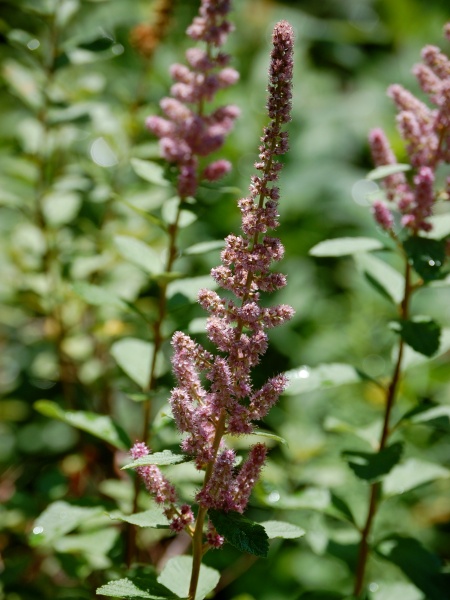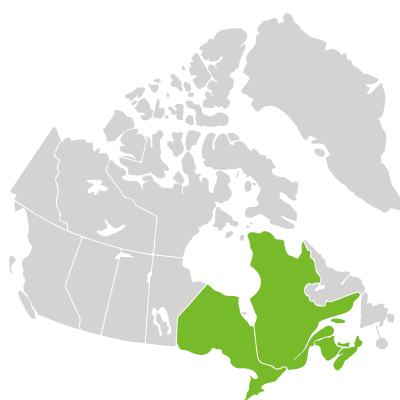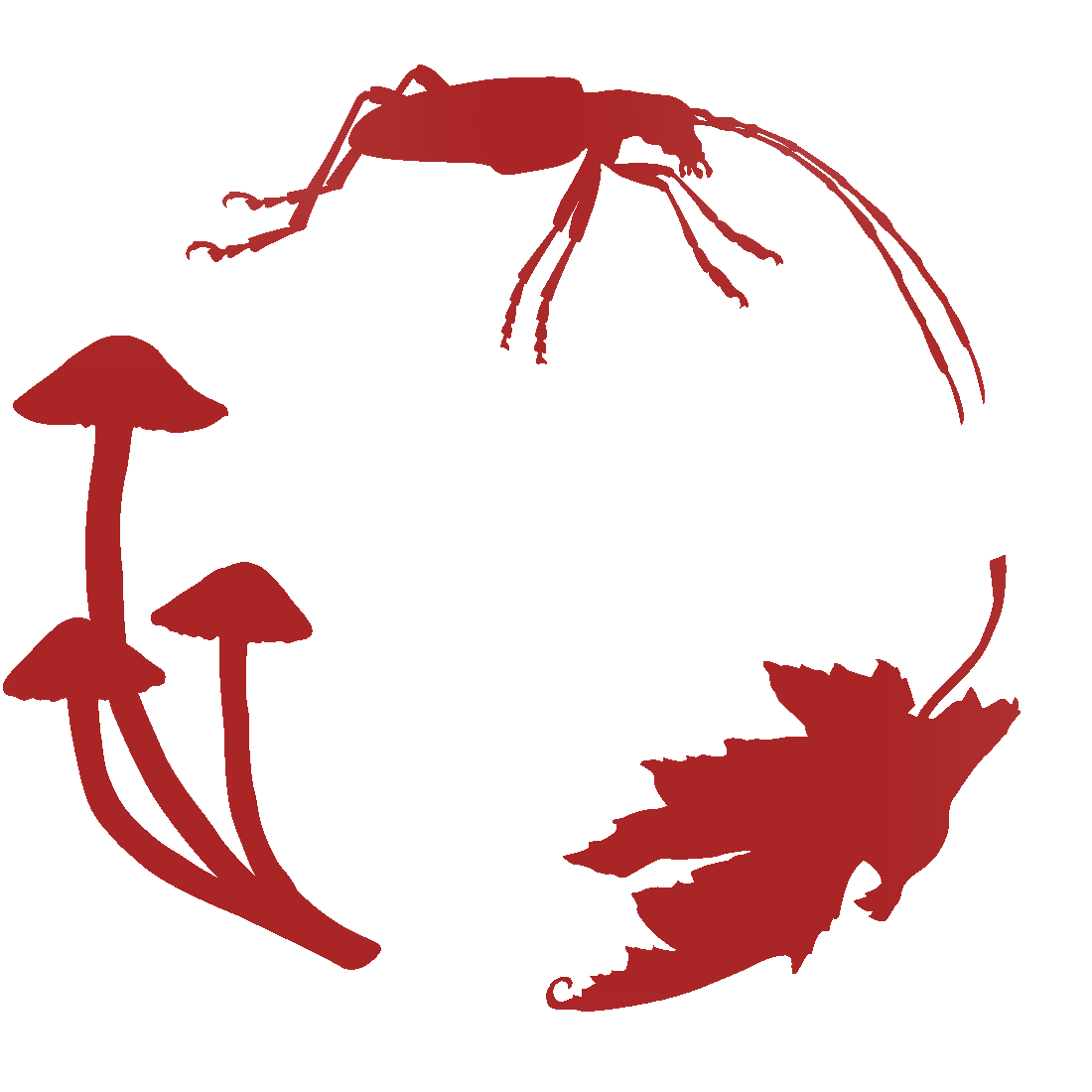
Source: Steven G Johnson
Spiraea tomentosa
Steeplebush
Spirée Tomenteuse
Synonyms
hardhack
tomentose meadowsweet
spirée rose
thé du Canada
Seeds in stock
Available at table Vines, Shrubs, Trees
Available at table Vines, Shrubs, Trees
We currently accept seeds for this plant
Bloom Colour: Pink
Bloom Period: Jul - Sep
Max Height: 4.0 feet
Max Width: 3.0 feet (spreads by rhizome)
Light Condition:
 More than 6 hours of direct sun a day
More than 6 hours of direct sun a day
 More than 2 or 3 hours but less than 6 hours of direct sun a day
Soil conditions:
More than 2 or 3 hours but less than 6 hours of direct sun a day
Soil conditions:
 Tolerates medium soil condition
Tolerates medium soil condition
 More than 6 hours of direct sun a day
More than 6 hours of direct sun a day
 More than 2 or 3 hours but less than 6 hours of direct sun a day
More than 2 or 3 hours but less than 6 hours of direct sun a day
 Tolerates medium soil condition
Tolerates medium soil condition
Lifespan:
Perennial
plants that will that come back year after year
Gardener Experience:
 Suitable for beginner gardeners
Suitable for beginner gardeners
 Does not spread uncontrollably
Does not spread uncontrollably
 Easy to germinate
Easy to germinate
 Self-seeding
Self-seeding
 Suitable for beginner gardeners
Suitable for beginner gardeners
 Does not spread uncontrollably
Does not spread uncontrollably
 Easy to germinate
Easy to germinate
 Self-seeding
Self-seeding
Landscape Uses:
 Suitable for container garden
Suitable for container garden
 Suitable for school gardens
Suitable for school gardens
 Suitable for container garden
Suitable for container garden
 Suitable for school gardens
Suitable for school gardens
Ecological Benefits:
No ecological benefits information available.
Tolerates:
 Tolerates salt conditions
Tolerates salt conditions
 Deer resistant
Deer resistant
 Rabbit resistant
Rabbit resistant
 Tolerates limestone conditions
Tolerates limestone conditions
 Tolerates acidic soil conditions
Tolerates acidic soil conditions
 Tolerates transplantation
Tolerates transplantation
 Tolerates salt conditions
Tolerates salt conditions
 Deer resistant
Deer resistant
 Rabbit resistant
Rabbit resistant
 Tolerates limestone conditions
Tolerates limestone conditions
 Tolerates acidic soil conditions
Tolerates acidic soil conditions
 Tolerates transplantation
Tolerates transplantation
Special Features and Considerations:
 This plant causes skin rashes
This plant causes skin rashes
 This plant causes skin rashes
This plant causes skin rashes
Plant Location
Native to Ottawa region: Yes
Distribution according to VASCAN

Ephemeral
Native
Introduced
Excluded
Extirpated
Doubtful
Absent
Thrives in Ecozones
- Atlantic Maritime
- Mixed Wood Plains
Ecological Benefits
Butterflies Supported by Spiraea tomentosa
- Celastrina ladon (Spring Azure)
- Olethreutes permundana (Raspberry Leafroller)
Specialized Bees Supported by Spiraea tomentosa
No bee data available for this plant.
Plants that grow in similar conditions, that bloom at the same time.
Complementary Plants
- No complementary plants found.
Substitute For Non-Native Plants
- Sorbaria sorbifolia (False spirea)
- Aruncus dioicus (Goat's Beard)
- Buddleia (Butterfly Bush)
- Hydrangea (Hydrangea)
- Euonymus alatus (Burning Bush)
- Hibiscus (Non-Native Hibiscus)
- Astilbe (Astilbe)
- Berberis (Barberry)
- Melilotus albus (Sweet White Clover)
Sowing Information
Download Seed Envelope Labels (PDF)
- Sowing depth: Surface sow
- Sow by February
- Stratification duration: 60 days
- Self-seeding
Harvesting and Seed Sharing
- Harvest start month: October
- Harvesting indicator:
- Pods are brown and crisp and starting to open
- Seeds are dark and tiny stem attaching to the main stem is brown
- Seeds easily fall off pod when shaken
- Little stem connecting the pod to the main stem is brown (not green)
- Harvesting:
- Shake seed head in paper bag
- Seed viability test:
- No test needed before donating
- Packaging measure: 1 rounded 1/32 teaspoon
- Seed storage:
- Air dry in paper bag or open container, for a few days until crisp
- Shake seeds to move them once in a while to prevent molding
- Cultivar: Yes, do not donate unless you know source, and there are no known cultivars in your garden or at proximity
- No harvesting video available at this time.
Toxicity Notes
Not known to be toxic to mammals if ingested.


 Canadensis
Canadensis
